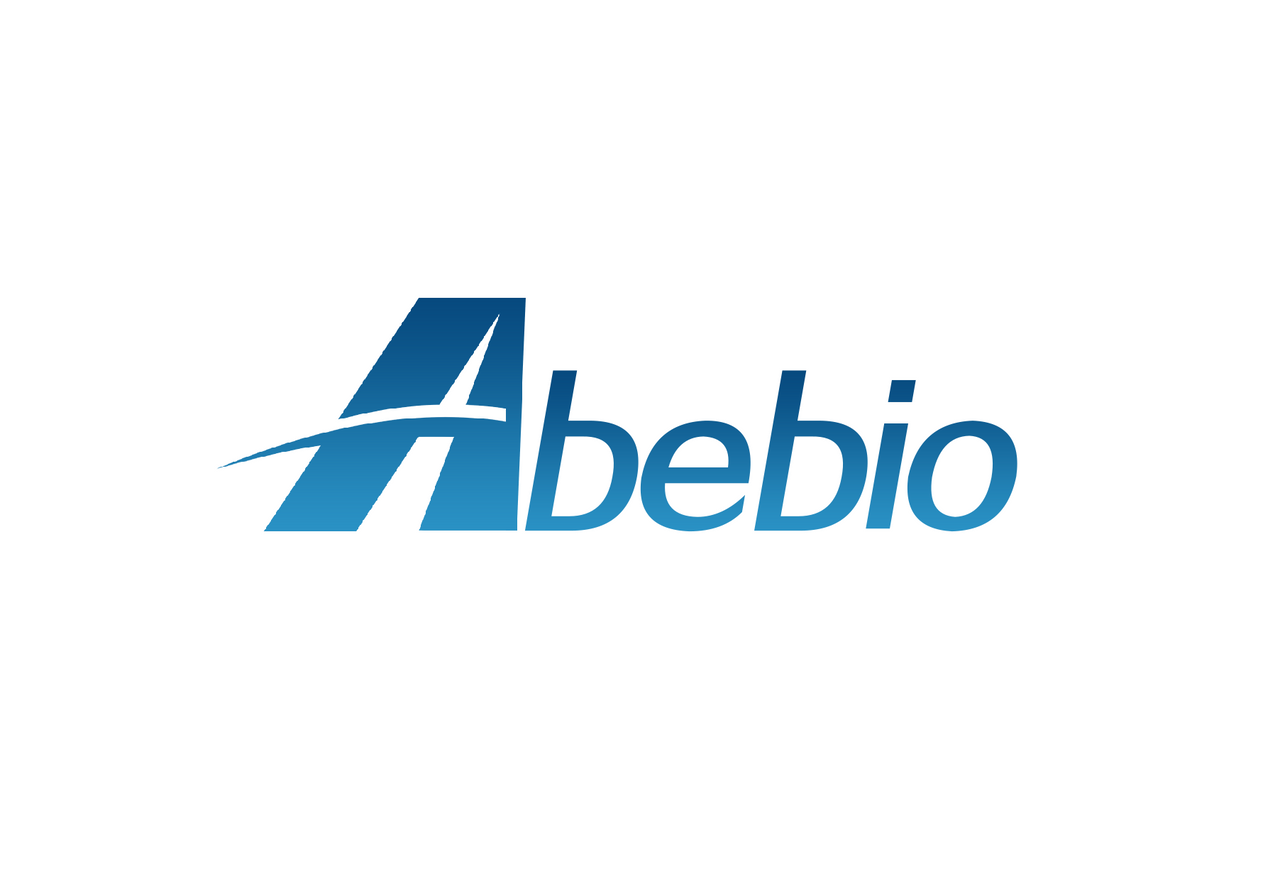Product Description
Human Thyroid Stimulatin Hormone Receptor (TSHR) ELISA Kit | AE63008HU | Abebio
Species Reactivity: Human (Homo sapiens)
Abbreviation: TSHR
Alternative Name: CHNG1; LGR3; MGC75129; hTSHR-I; seven transmembrane helix receptor|thyroid stimulating hormone receptor; isoform 2|thyrotropin receptor|thyrotropin receptor-I; hTSHR-I
Application: ELISA
Range: Request Information
Sensitivity: Request Information
Intra-Assay: ≤4.7%
Inter-Assay: ≤7.9%
Recovery: 1, 01
Sample Type: Serum, Plasma, Other biological fluids
Detection Method: Sandwich
Analysis Method : Quantitive
Test Principale: This assay employs a two-site sandwich ELISA to quantitate TSHR in samples. An antibody specific for TSHR has been pre-coated onto a microplate. Standards and samples are pipetted into the wells and anyTSHR present is bound by the immobilized antibody. After removing any unbound substances, a biotin-conjugated antibody specific for TSHR is added to the wells. After washing, Streptavidin conjugated Horseradish Peroxidase (HRP) is added to the wells. Following a wash to remove any unbound avidin-enzyme reagent, a substrate solution is added to the wells and color develops in proportion to the amount of TSHR bound in the initial step. The color development is stopped and the intensity of the color is measured.
Product Overview: The thyrotropin receptor is a protein responds to thyroid-stimulating hormone (also known as "thyrotropin", and stimulates the production of thyroxine (T4) and triiodothyronine (T3) . The TSH receptor is a member of the G-protein coupled receptor superfamily of integral membrane proteins.It is primarily found on the surface of the thyroid epithelial cells.It should not be confused with "thyrotropin-releasing hormone" (TRH) or "thyrotropin-releasing hormone receptor" (TRHR) .The deduced 764-amino acid protein has a molecular mass of 86.8 kD and contains a signal peptide, 7 transmembrane regions, 5 potential glycosylation sites, and a short intracytoplasmic region. The TSHR cDNA encoded a functional receptor that activated adenylate cyclase in response to TSH.
Stability: The stability of ELISA kit is determined by the loss rate of activity. The loss rate of this kit is less than 5% within the expiration date under appropriate storage condition. The loss rate was determined by accelerated thermal degradation test. Keep the kit at 37°C for 4 and 7 days, and compare O.D.values of the kit kept at 37°C with that of at recommended temperature. (referring from China Biological Products Standard, which was calculated by the Arrhenius equation. For ELISA kit, 4 days storage at 37°C can be considered as 6 months at 2 - 8°C, which means 7 days at 37°C equaling 12 months at 2 - 8°C) .
 Euro
Euro
 USD
USD
 British Pound
British Pound
 NULL
NULL








